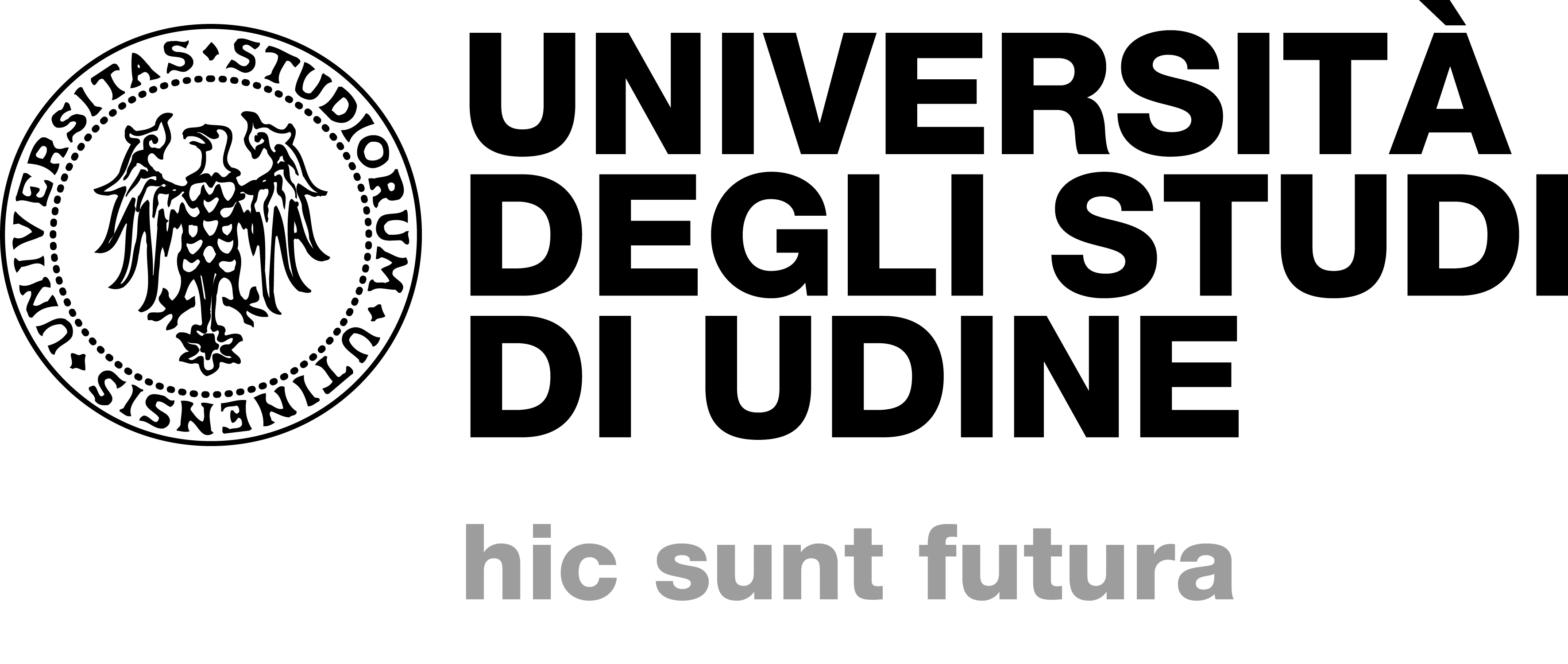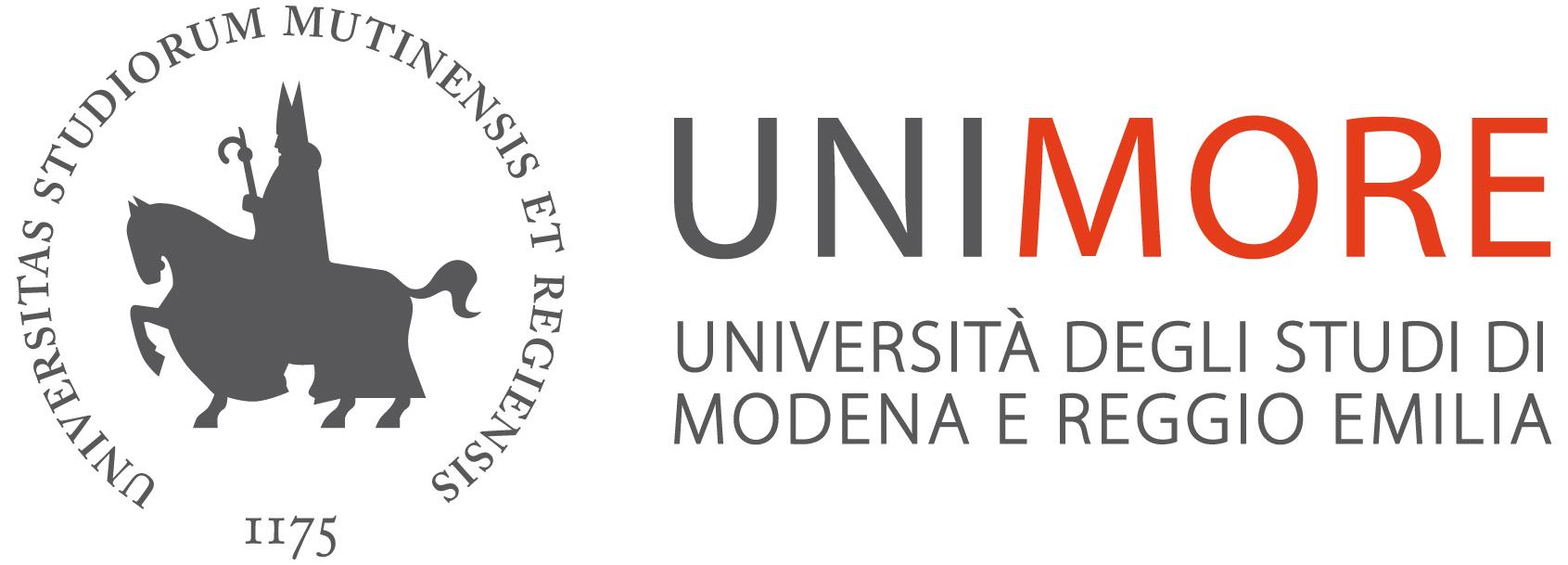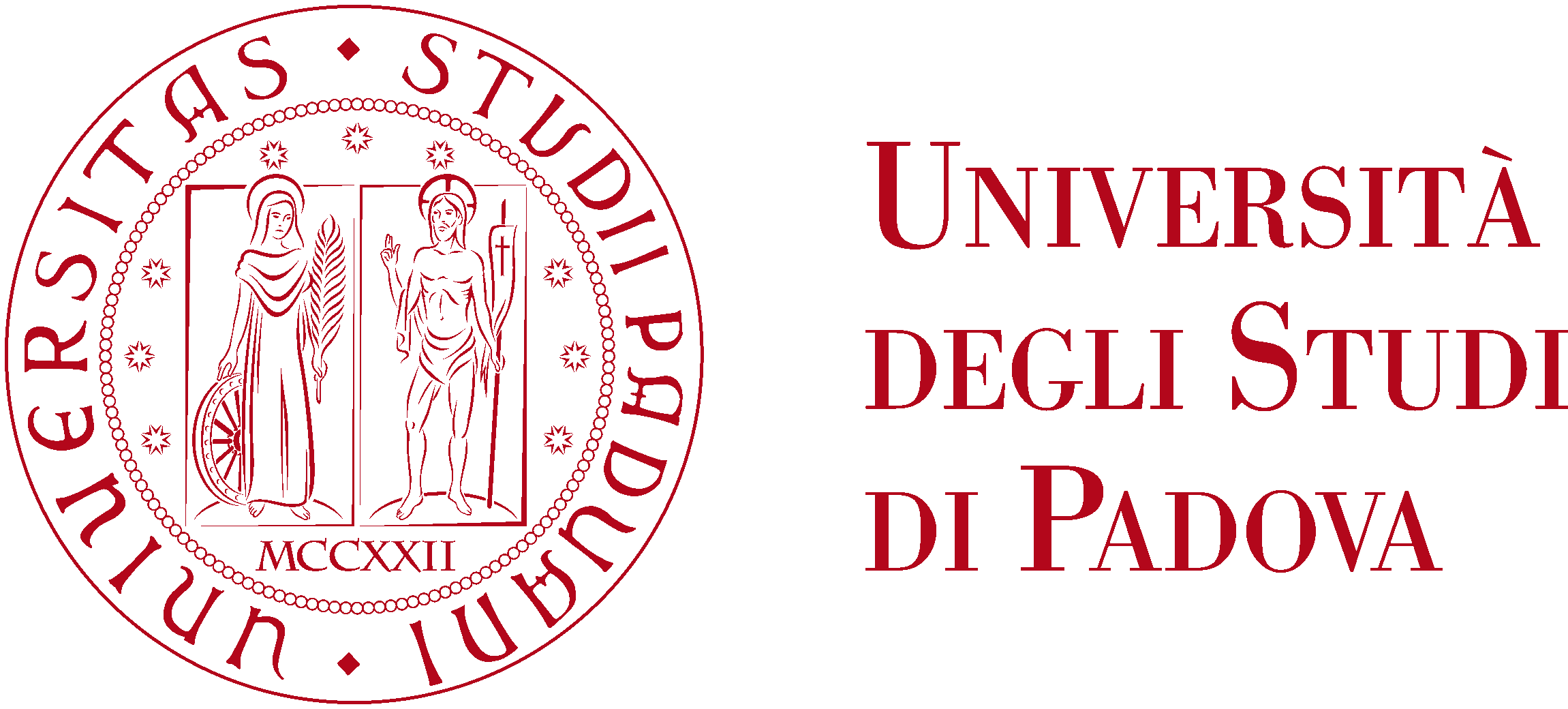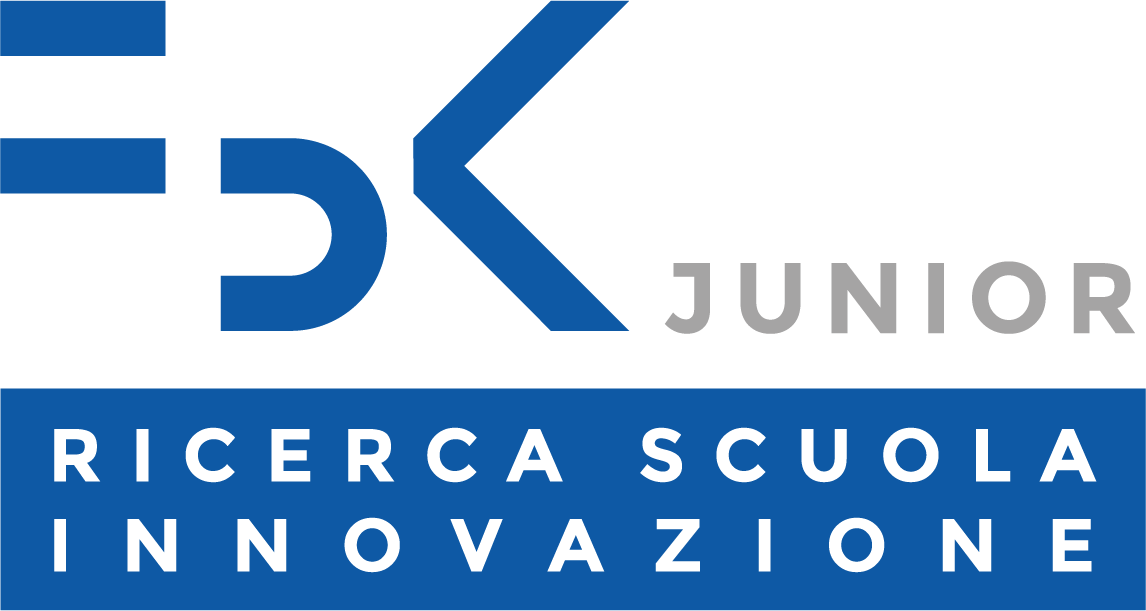University of Udine
Department of Mathematics, Computer Science and Physics (DMIF)
The Department of Mathematics and Computer Science – the University of Udine’s first department in chronological order – was activated through Rectoral Decree no. 52 of 13/03/1987 as a natural progression of the Institute of Mathematics, Computer Science and Systemics, activated upon foundation of the University of Udine (in 1978). With deactivation of the Faculties, as of 01/10/2012 it became the University’s department of reference for teaching and research in the area of Mathematical, Computer and Multimedia Sciences.
On 01/01/2016, following reorganisation of the University with merging of the departmental structures, it became the Department of Mathematics, Computer Science and Physics (DMIF).

Università di Roma - Sapienza
Department of Statistical Sciences (DSS)
The Department of Statistical Sciences, although recently established (1st of July 2010), is born from the merging of other 3 departments representing the historical heritage (since 1920) of statistics and related disciplines at the Sapienza university of Rome becoming the center of multidisciplinary and highly diversified research. In the department expertise touching all fields of statistics, demography, actuarial sciences,probability, finance, econometrics, economics, social sciences, computer science and operational research are present among the more than 60 faculties. The Department includes 28 technical and administrative technicians and about 80 between post-docs and young researchers.

Università degli Studi di Modena e Reggio Emilia
Department of Statistical Sciences (DSS)
The current Department of Education and Human Sciences (DESU) at the University of Modena and Reggio Emilia was established in 2004 as the Faculty of Education and, since 2021, has been located at Palazzo Baroni (the former seminary of the city of Reggio Emilia).
DESU, whose broad disciplinary scope and quality of fields reflect the model of the most prestigious international Schools of Education, aims to address the various challenges related to education and instruction with responsibility, scientific rigor, and innovation, collaborating with key institutional actors at local, regional, national, and international levels.

Università degli Studi di Padova
Department of Information Engineering (DEI)
The Department of Information Engineering - DEI was formed by staff originally based at the Institute of Electrical and Electronics Engineers. The Institute, in turn, had evolved from the Chair of Electrical Engineering founded at Padova University’s Engineering Faculty in 1903. The courses for the Laurea Degree of Industrial Electrical Engineering were first taught in Padova in 1928. The courses for the Laurea Degree in Electronic Engineering and Electrical Engineering began in 1960. A new building was constructed in Via Gradenigo, partially located in the old Orto Agrario, and in 1966 the Institute of Electrical and Electronic Engineering moved there.
In 1980, Italian law allowed universities to found departments to coordinate research activities, so that researchers and faculty professors from different faculties began to work together on research projects. For this reason the Institute of Electrical and Electronic Engineering was split into two separate departments: Electrical Engineering (DIE) and Electronics and Informatics (DEI). The first is mainly devoted to studies associated with power systems; the latter, information engineering. The Department of Electronics and Informatics was established on June 1, 1987, and brought together researchers from the Faculty of Engineering with the faculties of Statistics and of Arts and Philosophy. On June 1, 2002, the Department of Electronics and Informatics changed its name to the Department of Information Engineering.

Bruno Kessler Foundation
Bruno Kessler Foundation (FBK)
The Bruno Kessler Foundation (FBK) is a multidisciplinary research institution specializing in technology, innovation, and the human and social sciences, located in Trento. Established by law by the Autonomous Province of Trento, FBK is a private entity whose mission is to promote and contribute to the advancement of knowledge, with particular attention to the fields of science and technology that yield significant and immediate economic and social impacts.
Active since 2007, the Bruno Kessler Foundation carries on the legacy of the Trentino Institute of Culture, founded in 1962 by Bruno Kessler. Since its establishment, FBK has grown to employ over 620 people, including researchers, developers, and support staff, 150 PhD students, 200 visiting professors and thesis students, and 700 affiliated and accredited students. More than 70 foreign researchers are present at FBK, coming not only from major European countries but also from non-European countries such as the United States, China, India, Brazil, Argentina, Algeria, Iran, Pakistan, and Australia.

